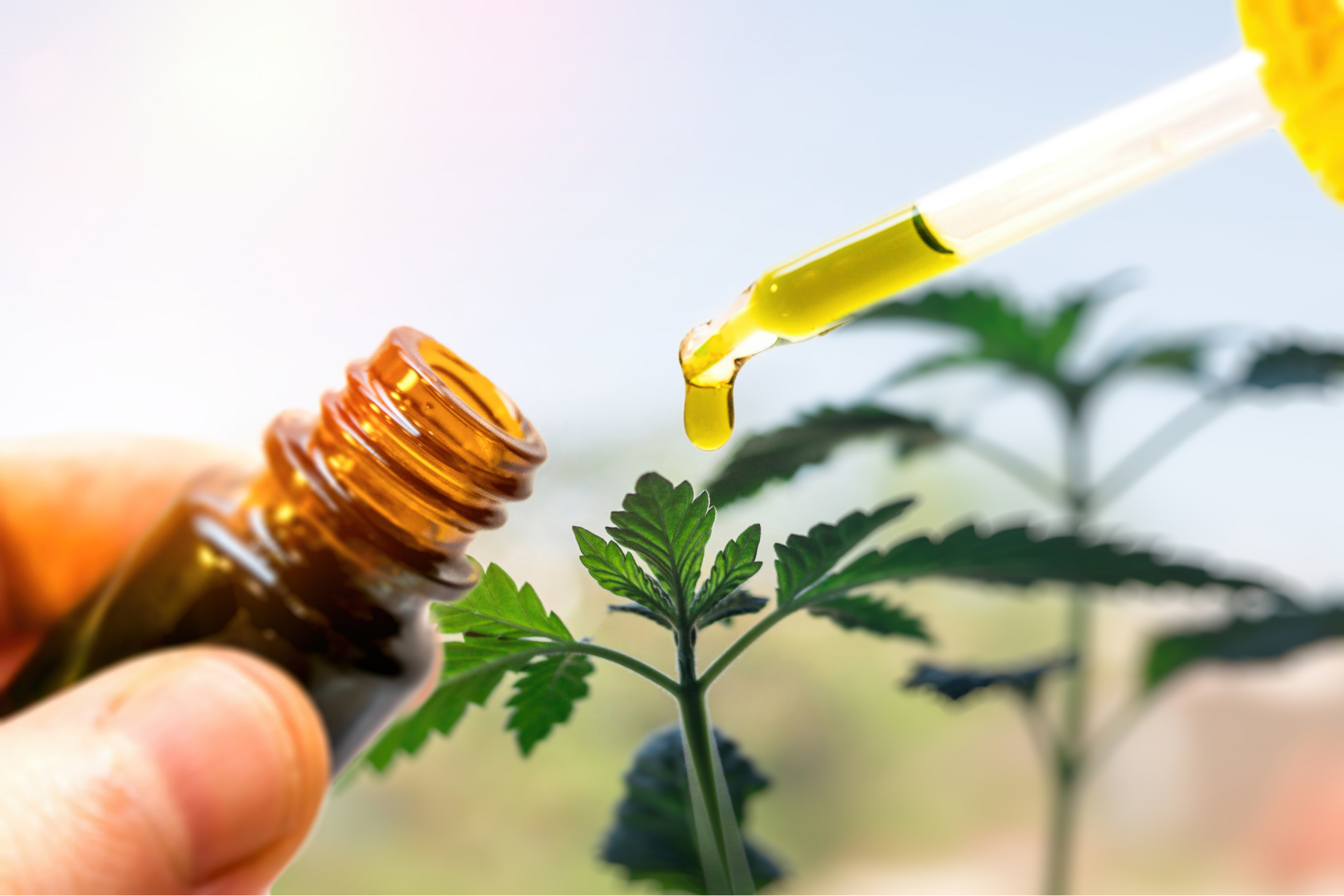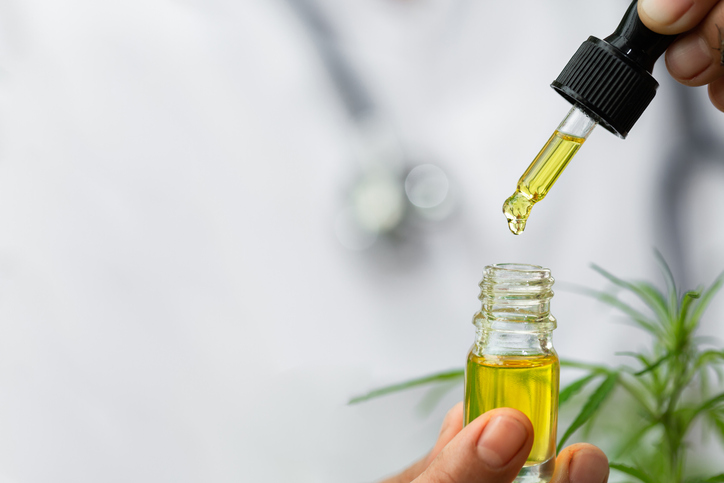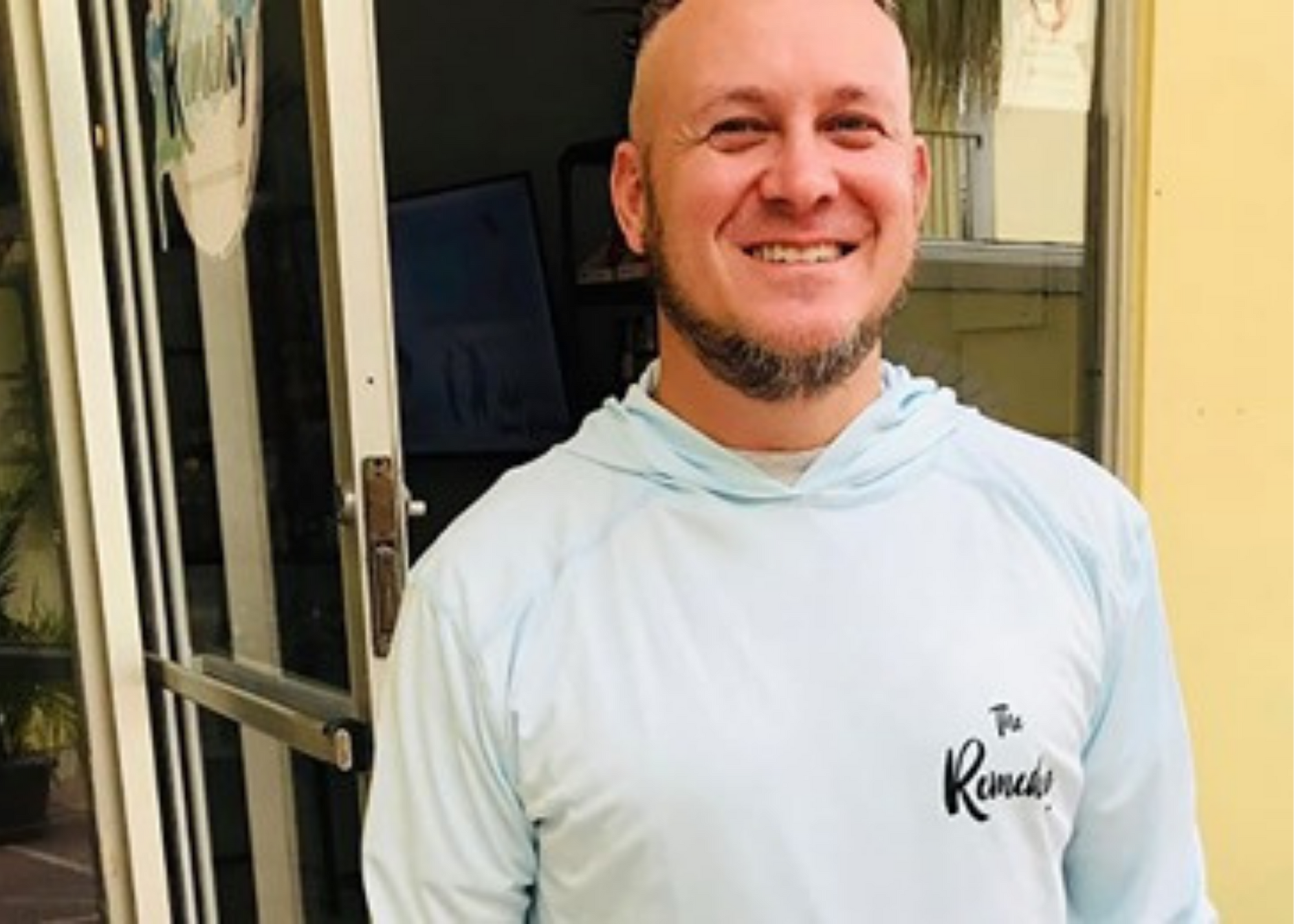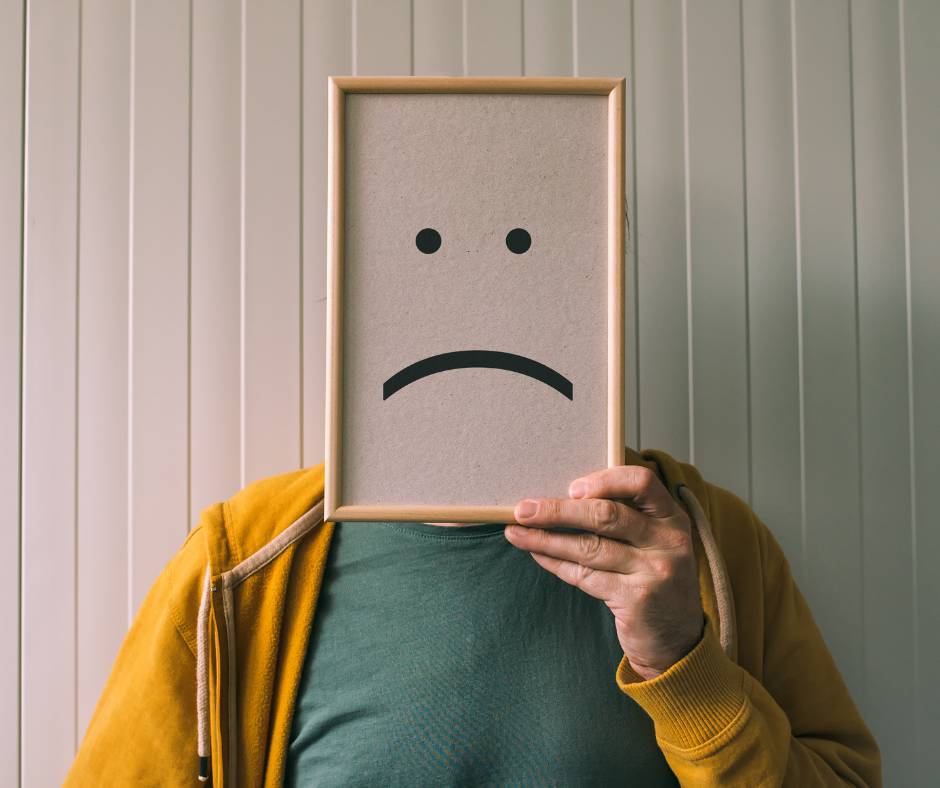Hemp and Marijuana (Cannabis) plants both belong to the Cannabaceae family, Cannabis Sativa L species, but have vastly different uses. Hemp grows extremely fast and is used industrially to make paper, rope, textiles, and is even being used to make building blocks called hempcrete. Back in 1941, Henry Ford actually made a car from Hemp that ran off Hemp Ethanol!
Hemp CBD has to have a THC content of 0.3% or less to be legal. Marijuana, which I prefer to call Cannabis, is used for medicinal purposes and so-called “recreational” use. I like to consider that “adult use,”; i.e., adults who prefer to use Cannabis for relaxation, creativity, stress reduction, etc.
While both are called CBD (Cannabidiol), there is a difference between CBD products made from Hemp and those made from Cannabis. Both plants have terpenes, flavonoids, and other cannabinoids, but some hemp has a lower quantity of them. Cannabis CBD is cultivated to have high CBD content and THC below the 0.3% legal threshold. Because of its’ higher terpene, flavonoid, and other cannabinoids content, CBD-rich Cannabis is a much better choice for those who want a non-impairing medicinal benefit.
There are three types of CBD: Full Spectrum, Broad-Spectrum, and Isolate:
Full-Spectrum is extracted from flower and trim and contains the full array of cannabinoids & terpenes present in the hemp/cannabis flower, including THC. Science suggests this form of CBD is best for people who have no known issues with minuscule amounts of THC.
Broad-spectrum CBD products have NO THC present in the final product as the extract is processed to remove all THC. It’s suitable for people with a high sensitivity to THC. It also contains compounds and other cannabinoids from the Cannabis plant like CBC, CBN, and terpenes.
Isolate CBD is 99% pure and contains ONLY CBD. Isolates don’t include additional cannabinoids or other compounds, like terpenes, flavonoids, and other cannabinoids found in the Cannabis plant. The research indicates it’s not as effective as Full and Broad-Spectrum CBD due to their absence. However, for some people, this is a better choice.
Warning! Buying online from unknown companies can be risky due to the FDA’s lack of regulation and oversight! Recent study results on 240 CBD products purchased online, at gas stations, and grocery stores showed 70% were highly contaminated and contained exceedingly high lead levels. Some had other drugs added, i.e., cough syrup, synthetic cannabinoids, melatonin, etc. In 50% of the CBD tested, the dosage stated on the bottle didn’t match the contents; some contained NO CBD at all!
Taru Fisher, Healer Certified Medical Cannabis Wellness Advisor, NLP Health Practitioner & Coach
Copyright 2021 Jean Taru Fisher
Posted with permission
If you are looking for a reputable CBD company, please don’t hesitate to give us a call!










